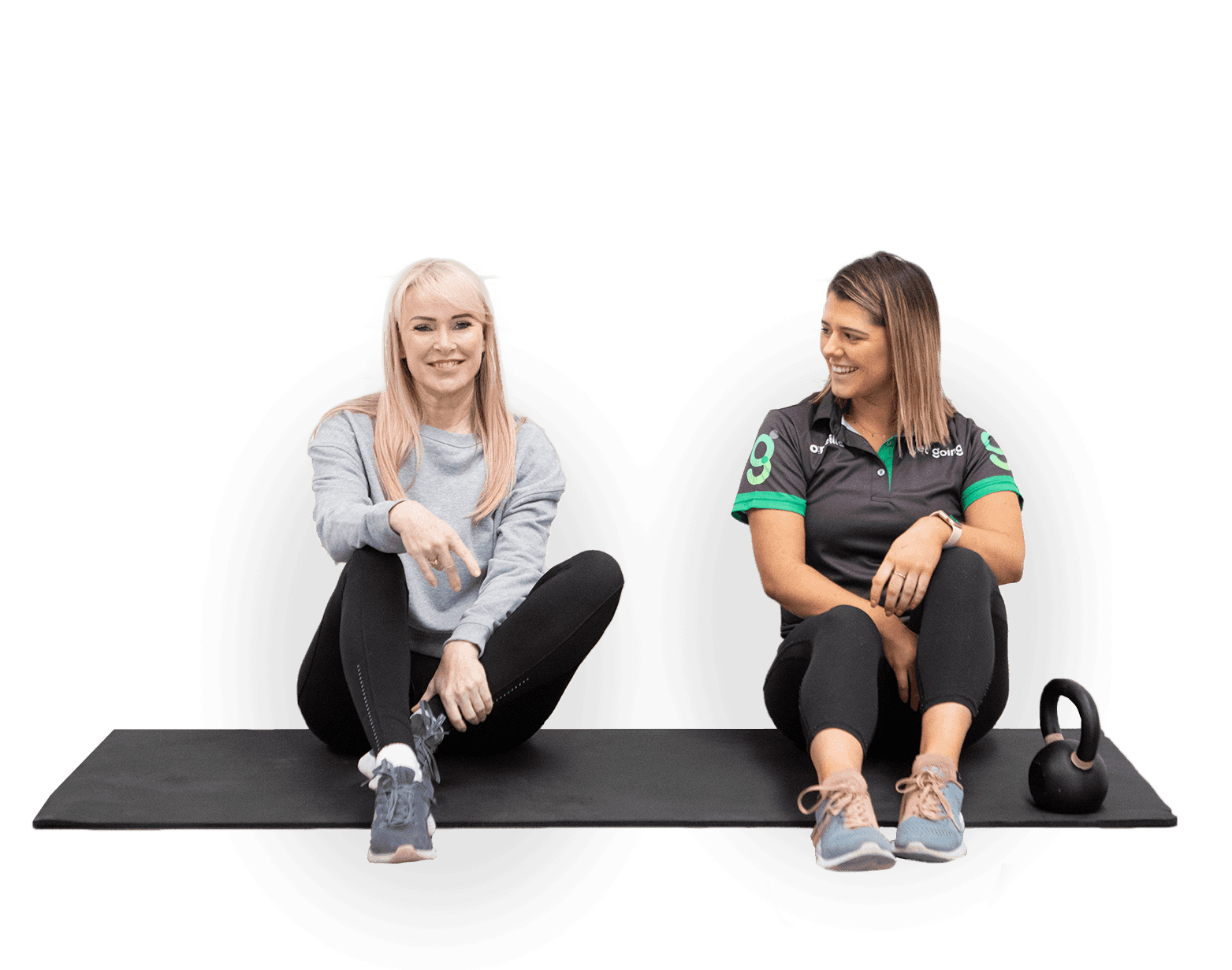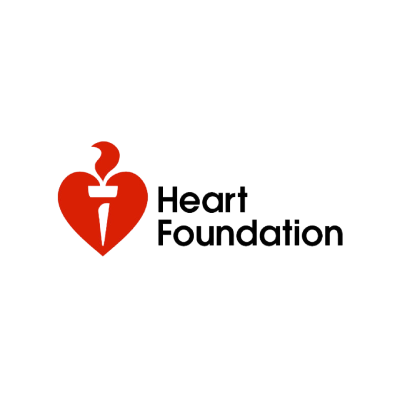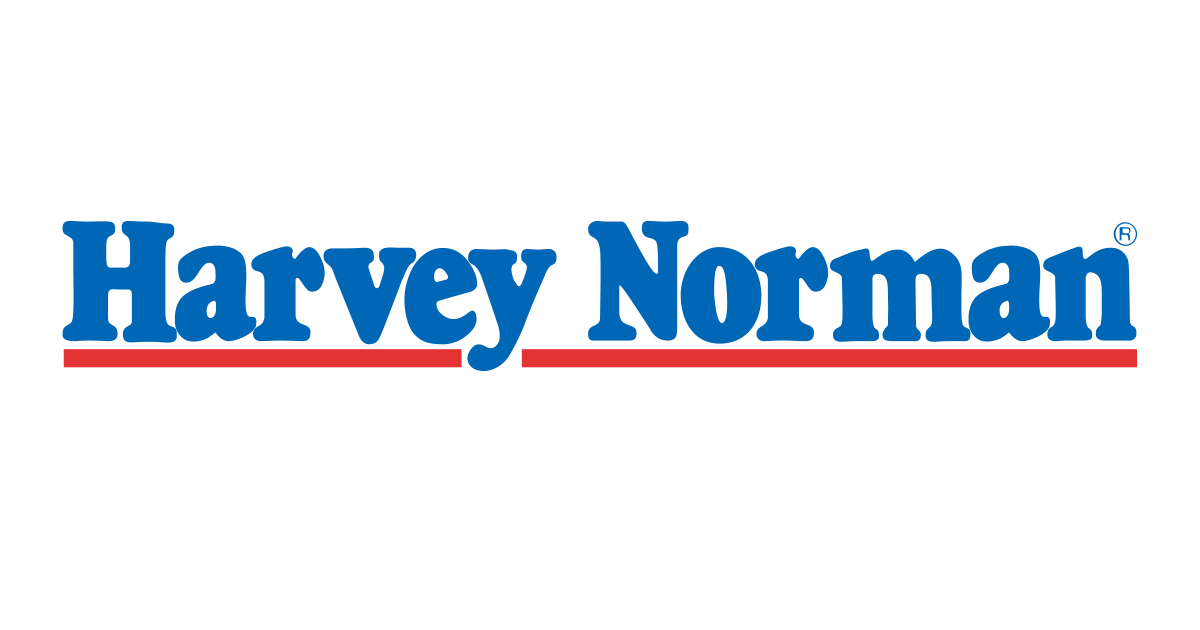Healthy or unhealthy food?
No such thing as healthy or unhealthy food: why you need to start looking at food differently this holiday season.
No such thing as healthy or unhealthy food: why you need to start looking at food differently this holiday season
Joe from down the street told you not to eat dairy because it’s unhealthy.
Karen from your work told you not to eat bread because gluten is bad for you.
Do you or anybody in your life talk about food as if it’s ‘healthy/good’ or ‘unhealthy/bad’?
I’m here to explain to you why you SHOULDN’T and how you should try to think and speak about it instead.
- No such thing as healthy and unhealthy food
This one might seem strange at first.
Whether you’ve been raised to think and believe in a certain way, or whether you’re around people that speak about food in this way, it’s not surprising if you perceive food to be healthy or unhealthy.
I’m here to reassure you that it’s NOT EITHER!
All food provides us with energy (kilojoules/Calories), and these come from carbohydrates, proteins and fats. Depending on the food, different quantities of micronutrients (vitamins and minerals) and fibre come along for the ride as well.
Food commonly associated with being ‘healthy’, like fruits, vegetables, lean meats, wholegrains, low fat dairy, and foods MADE from these, OFTEN are higher in protein, higher in fibre, higher in micronutrients, and keep us fuller for longer (we’re less likely to overeat them). However, eating excessive quantities of these, causing us to eat in excess of our energy requirements, would NOT be healthy.
On the flip side, foods such as fast food, chocolate, confectionary, soft drink and baked goods, are commonly associated with being ‘unhealthy’. These foods are lower in beneficial things like protein, fibre, micronutrients and higher in things like fat and saturated fat, added sugar and salt, and often easier to overeat. Therefore it is EASIER to eat in excess of our energy requirements from these foods, but they are NOT inherently ‘unhealthy’.
The main thing I want you to think about here is that it is NOT THE TYPE OF FOOD which is ‘healthy/unhealthy’, it is the QUANTITY and FREQUENCY by which you eat them which determines this.
TAKEAWAY: No food is inherently healthy or unhealthy. Some are more nutritionally beneficial and harder to overeat, whilst others offer you less nutrition and are easier to overeat.
- Breaking down misconceptions around ‘health halos’ and ‘demonised foods’.
There are lots of people out there who hold misconceived food beliefs, and unfortunately, people who like to spread these around unfairly.
Many foods which can actually be very beneficial for us, some examples being dairy, whole grain bread, fruit and even potatoes, can be demonised for being ‘fattening’, or for causing other unfounded health complications.
Listening to unfounded claims like this can cause unnecessary food anxiety, let alone cause people to miss out on valuable nutrients these foods all provide.
Some apparently ‘healthy’ food trends may not be that great for us. A couple include ‘bulletproof’ coffee (sticking butter into your coffee- literally offensive to myself as a long black drinker), or using coconut oil as an oil substitute. Although neither of these things are ‘unhealthy’, they aren’t as great for us, as both contain high amounts of saturated fat, and may increase our blood cholesterol over time.
When somebody in your life is passionate about certain foods or eating patterns being overly ‘healthy/good’ or ‘unhealthy/bad’ for you, make sure you question them where they got the information from, and how/why they feel that way. If they can’t give you a clear, confident, concise answer, they are likely mickey-ing you (don’t know what they’re talking about).
TAKEAWAY: sometimes foods excessively labelled as ‘healthy’ may not be that great for you, and avoiding those demonised unnecessarily may cause you to miss out on valuable nutrients. Question every claim you hear made about food and only consider believing it if a confident, concise answer is given.
- Why it isn’t a good idea to look at food as ‘good’ and ‘bad’
We always want what we can’t have. Let’s face it, it’s human nature.
So, when we suppress ourselves from the opportunity of eating our favourite foods, because we label them as ‘unhealthy’ or ‘bad’ for us, this may incline us to want them more.
When we cut things out for long enough, our urge or temptation for them builds up so much to the extent of us giving in to our temptations and potentially over-eating them.
From here, we may feel guilty, forcing us into restricting them again. The cycle continues from here, so on and so on. This is why I encourage people to question if ‘willpower’ and ‘discipline’ actually exists!
If you were to take a more neutral perspective on these foods, and allow yourself to have them every now and again, do you think your urge to overeat them would be as great?
Another point I mentioned above is unnecessarily labelling foods as unhealthy, potentially causing you to miss out on valuable nutrients in foods which actually offer us many benefits.
Dairy, as an example, can offer us quality protein, calcium, riboflavin and iodine amongst many others. Quality whole grain bread, amongst other things, can offer us long lasting energy, fibre, vitamin B1 and vitamin B9, to name a few. Potatoes are often associated with being fattening, strangely, when they are one of the most satiating foods available to us. They also happen to offer us potassium, vitamin C and vitamin B6.
Not to mention social benefits- food brings families and friends together, as well as being a core component of many cultures. Unnecessary beliefs towards foods being ‘unhealthy’ can interfere with our social health, by creating anxiety around social events which are meant to bring us joy. We should be appreciating foods as more than just numbers- focusing on other benefits it brings and looking at it neutrally can help us do just that.
TAKEAWAY: labelling and perceiving foods as ‘unhealthy’ or ‘bad’ can create unnecessary food anxiety and potentially lead us to overeat the foods we are trying to restrict. Taking a more neutral food focus/approach can help ensure we reap the nutritional and non-nutritional benefits that food has to offer us.
- So, what should I do?
If you’re going to take anything away from this blog, it’s how I encourage you to think, speak about and perceive food (below):
> Some foods are more nutritionally beneficial. These include vegetables, fruit, whole-grains, lean meat and seafood, plant based sources of protein and low fat dairy products, and products made from mainly these things. They should be eaten more often and in greater quantities, as they have more to offer us, and are harder to eat too much of.
> Some foods are less nutritionally beneficial. These include fast food, baked goods, lollies and chocolate, crackers and chips, soft drinks and alcohol. They should be eaten less often and in smaller quantities, as they have less to offer us nutritionally, and are easier to overeat and send us into an energy surplus.
> No food, however, is inherently healthy or unhealthy. It is the quantity and frequency by which we eat them which determines this.













